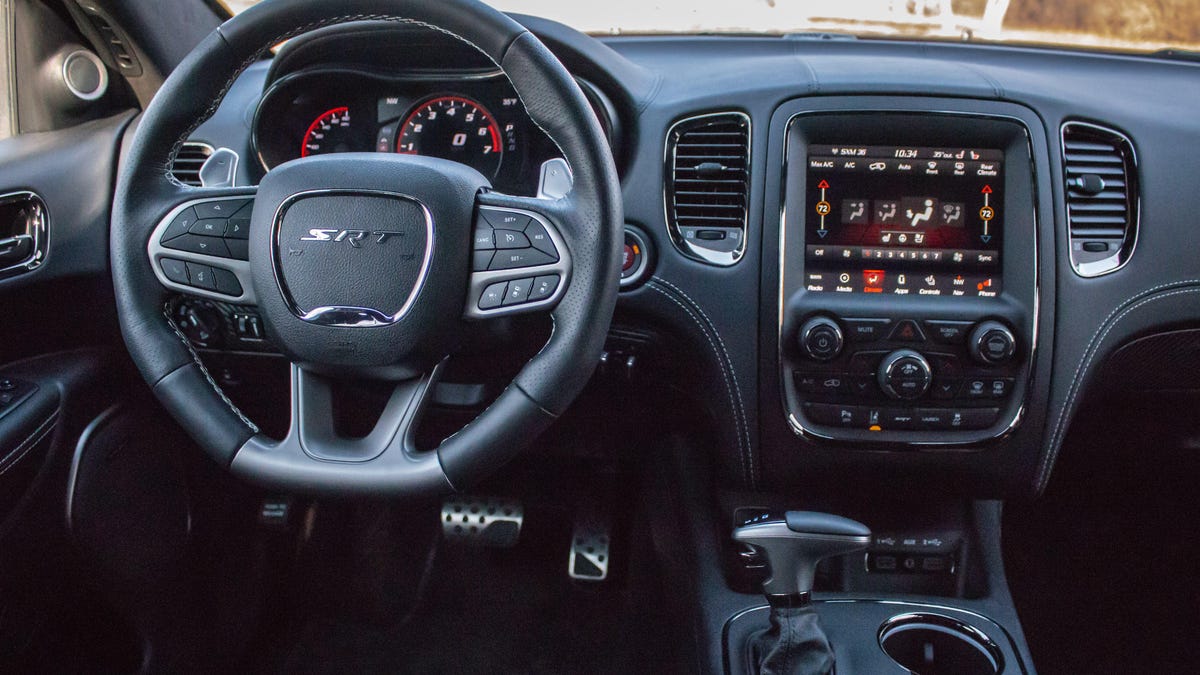FCA leans on Harman and Google for new connected-car services
Everything from over-the-air updates to remote EV management is possible.

In the US, it's been generally acknowledged that Fiat Chrysler has kept its focus on the older-school elements of the auto industry while others have gone all-in on things like electrification and connectivity. But now, its Uconnect telematics are set to receive a big boost to help adapt to the future of in-car services.
Fiat Chrysler announced on Tuesday that it will rely on tech from Harman and Google to build out its connected-car services. This "ecosystem," as FCA refers to it, is set to launch in the second half of 2019, and it'll be part of all new FCA vehicles around the world by 2022.
Harman's Ignite cloud platform will serve as the base for the out-of-car side of FCA's services. With 4G connectivity and tech that fosters "the evolution to 5G," FCA says its cloud services will work with any service provider worldwide. It'll cover all the normal stuff that other automakers have in their connected-car portfolios, like fuel and charging station locations, predictive maintenance and over-the-air updates. It should also be capable of working with vehicle-to-infrastructure communication.
Here's a quick look at the major things FCA wants its new system to deliver. Yes, it's a lot.
Google comes into play inside the car. The next version of its Uconnect infotainment system will run on Android, further bridging the connection between phone and in-car telematics. While this might conjure memories of Volvo's announcement that it will use Android OS in the upcoming Polestar 2, there's one key difference. Whereas Volvo's foray with the operating system includes Google Maps, Google Assistant and other apps and services, FCA's system won't have any of those ancillary bits, just the operating system.
FCA was quick to note that these new foundations will allow for a number of services specific to electrified vehicles, too -- an area where, at least in the US, FCA lags behind its competitors. These platforms will enable remote battery management, EV navigation that keeps range in mind and services that help the vehicle work better with the electrical grid.
There's even more than that in store. FCA has its sights set on alternate mobility methods, too -- its system is capable of working with usage-based insurance, varying-term vehicle rentals and even peer-to-peer car sharing. The automaker didn't say which parts would start rolling out first, but as we push into the next decade (just a few months away!), we'll get a better idea of what FCA has in store.
Originally published April 30, 8:08 a.m. PT.
Update, 5:32 p.m.: Clarified differences between Volvo and FCA operating systems.

